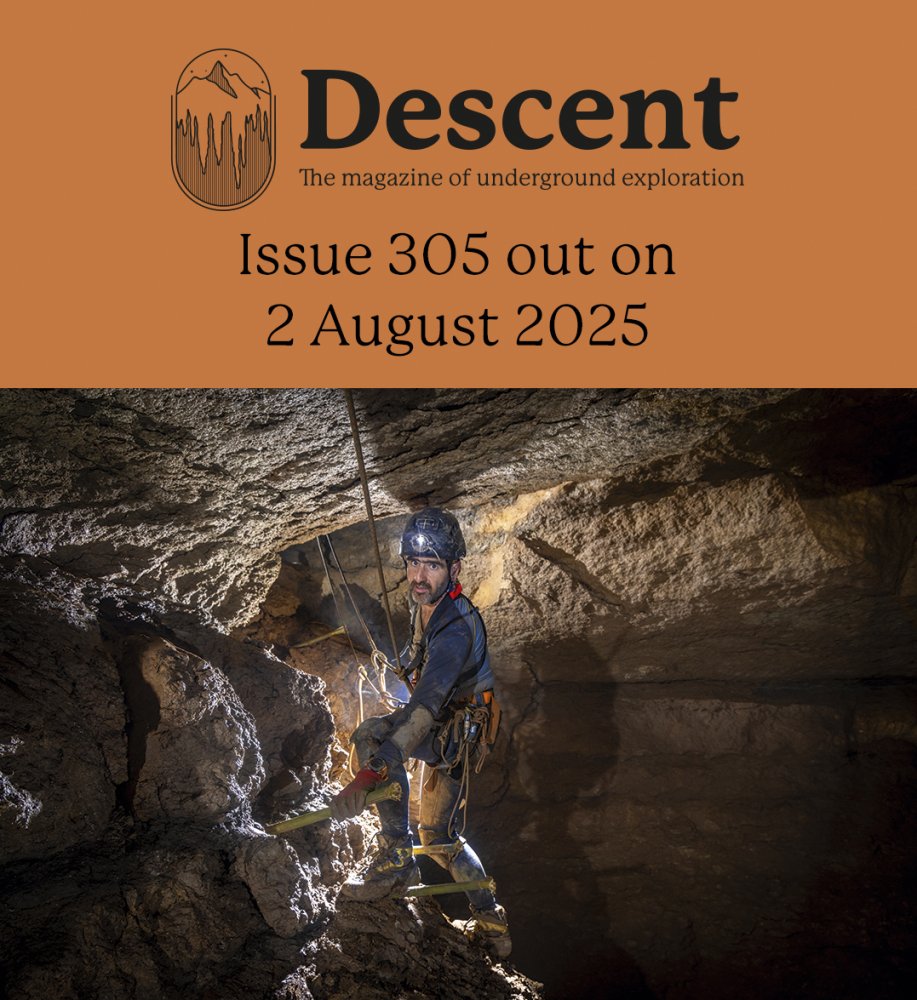Stuart France
Active member
I think all of the above comments after the moderator's intervention concerning off-topic material are broadly correct. Unfortunately what he was hoping for, i.e. that planning authorities could somehow use new byelaws to create or extend or determine definitely that a public right exists where certain others are arguing that such does not exist, is simply not permitted.
Section 17 of the CROW Act sets out how planning/local authorities can pass byelaws to modify the default operation of Access Land. What they can do by way of new byelaws is limited to 3 categories, and all of them are to apply new restrictions not to liberalise anything:
1) for the preservation of order
2) for the prevention of damage to the land or anything on or in it
3) for securing that persons exercising [their access] right so behave themselves as to avoid undue interference with the enjoyment of the land by other persons.
I know that CROW does not apply in Scotland, but in effect what the Loch Lomond and Trossachs NPA did by curtailing camping in certain hot spots on a seasonal basis must fall under the Scottish equivalent of (3) at the very least.
Section 17 of the CROW Act sets out how planning/local authorities can pass byelaws to modify the default operation of Access Land. What they can do by way of new byelaws is limited to 3 categories, and all of them are to apply new restrictions not to liberalise anything:
1) for the preservation of order
2) for the prevention of damage to the land or anything on or in it
3) for securing that persons exercising [their access] right so behave themselves as to avoid undue interference with the enjoyment of the land by other persons.
I know that CROW does not apply in Scotland, but in effect what the Loch Lomond and Trossachs NPA did by curtailing camping in certain hot spots on a seasonal basis must fall under the Scottish equivalent of (3) at the very least.



